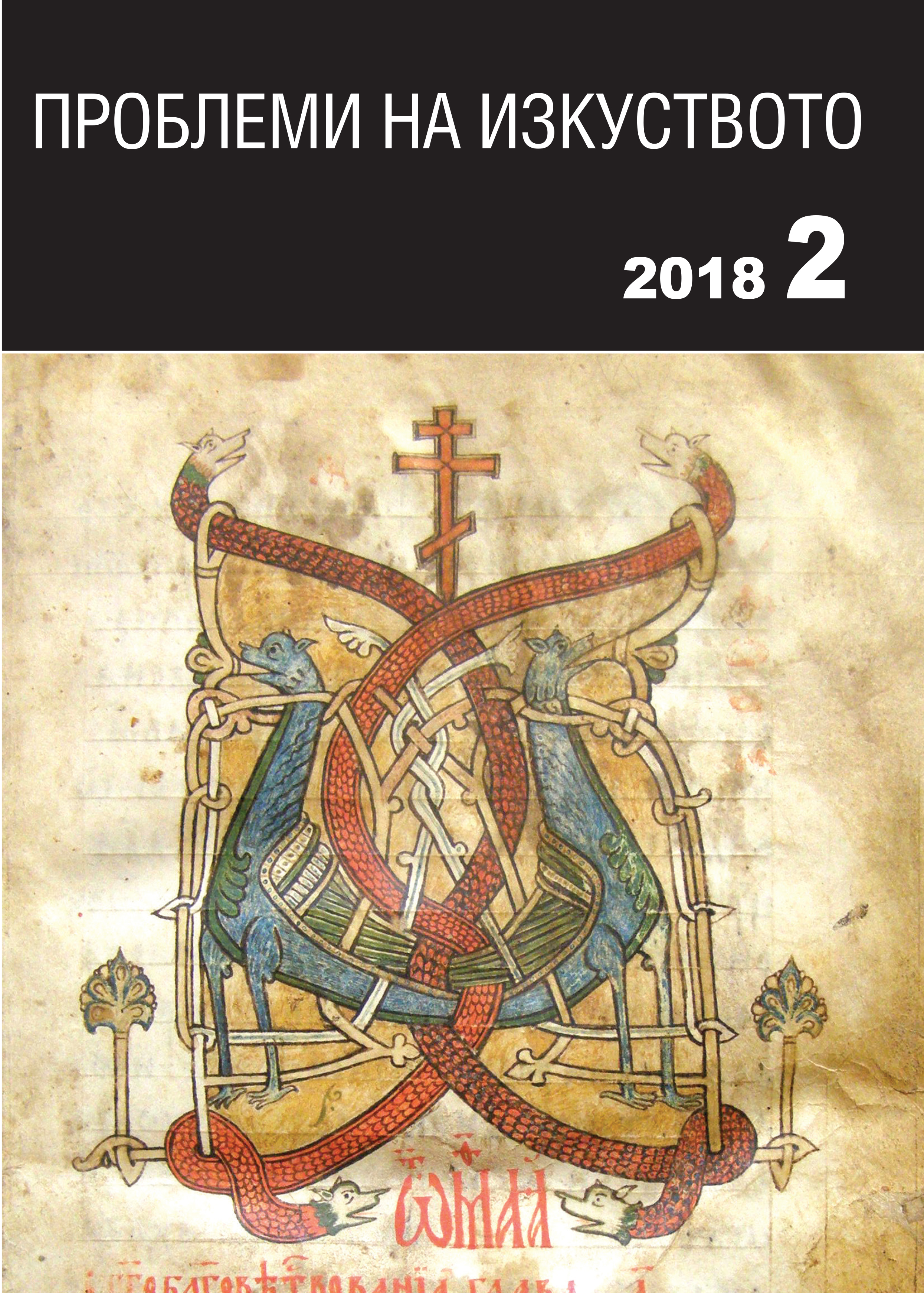Българският модернизъм и полагането на българския драматургичен канон via negadtiva
Bulgarian Modernism and Establishing of Bulgarian Canon of Playwriting Via Negativа
Author(s): Nikolay YordanovSubject(s): History, Theatre, Dance, Performing Arts, Fine Arts / Performing Arts, Recent History (1900 till today), Interwar Period (1920 - 1939)
Published by: Институт за изследване на изкуствата, Българска академия на науките
Summary/Abstract: The study deals with the establishing of the Bulgarian canon of playwriting in the first half of the twentieth century. Two situations are highlighted: the 1910s, dominated by the confrontation between the group around the Misul (Thought) journal and Ivan Vazov. At the time, Vasil Drumev was deemed to be already a ‘tradition’, bridging the twentieth century and the period of the National Revival, while Vazov became the emblem of contemporary drama, bringing to life onstage the recent or remote Bulgarian past. A keynote study by Pencho Slaveikov, The National Theatre was published by the end of the decade, directly and categorically rejecting all the existing by that time Bulgarian dramaturgy. The term canon, pertaining to Bulgarian literary practice, came to be introduced in the wake of WW1 by M. Arnaudov in his в critically acclaimed study, The Canon of Bulgarian Literature (1922), which was published in a time, when social conscience, radicalised by the postwar crisis, attempted to figure out its cultural identity and a heated debate about the intrinsic values of the national culture flared up. Postwar modernism, bringing in new views of life, had tried and launched its own aesthetic projects, each of which had to establish canons of their own: Geo Milev strived to launch the expressionist project; Ivan Radoslavov, that of symbolism; the far left, the social-class one, etc. All these echoed radical (European in the first place) projects in arts and literature in a quest for new art realities. Playwriting, though to a lesser degree than the other forms of writing, had not escape certain studies, articles and reviews’ notice. This article is an attempt to highlight the most important of those, underscoring the nonetheless recurring appreciation of their achievements in the otherwise negative critical views of Bulgarian playwriting.
Journal: Проблеми на изкуството
- Issue Year: 2018
- Issue No: 2
- Page Range: 49-54
- Page Count: 6
- Language: Bulgarian
- Content File-PDF

